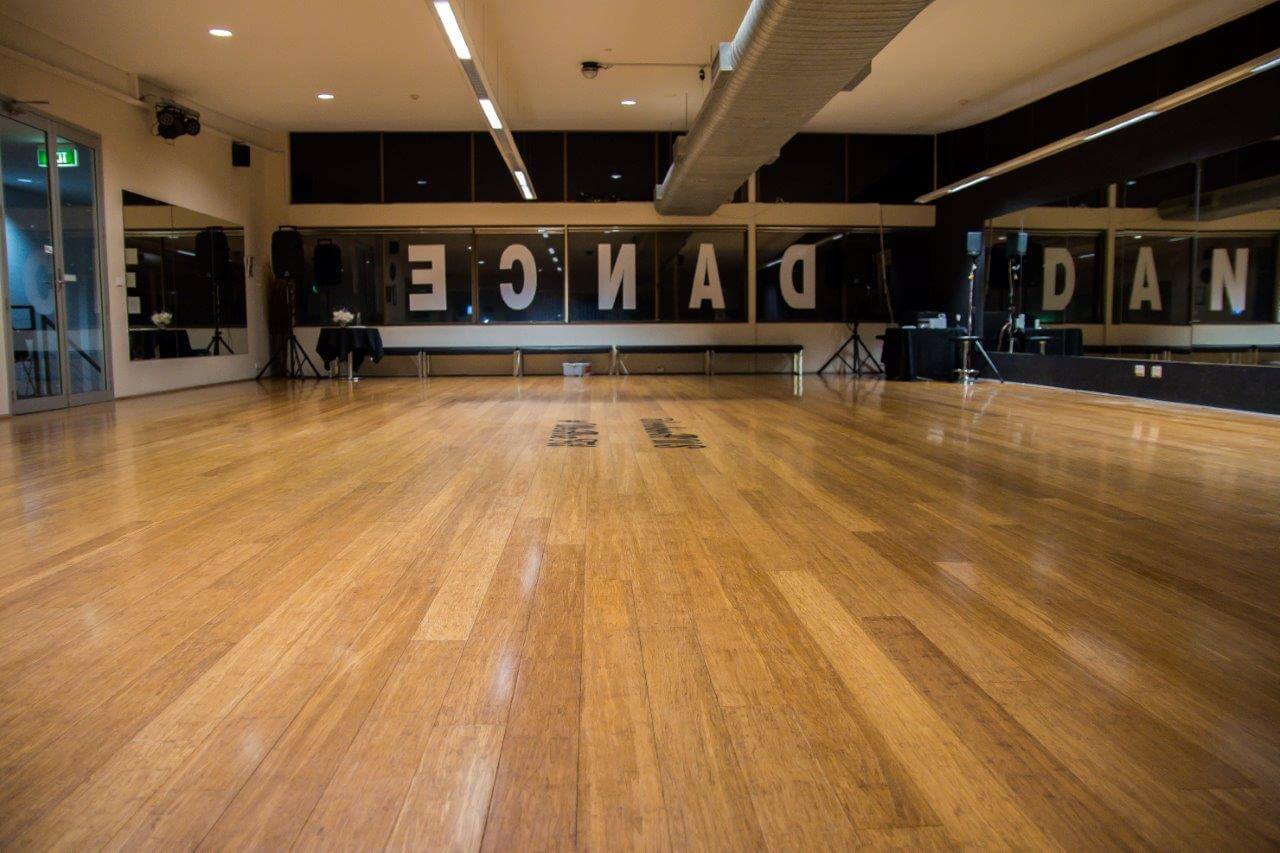Company insurance is intended to safeguard the financial assets of a business owner and is a necessary investment for a dance school.

This article will discuss the primary insurance coverage for dance studios, general liability insurance, as well as additional policies that are appropriate for this industry.
Table of Contents
Dance Studio General Liability Insurance
Every firm, regardless of sector, has risks that should be insured. General liability insurance is the most frequent and comprehensive form of coverage that company owners purchase.
General liability insurance covers the following risks:
Physical harm
Damage to property
Medical expenses
Legal defence and decision
Personal and commercial harm
While general liability insurance is not legally needed for companies, operating without it is exceedingly dangerous. If your company is sued, you might face costs in the hundreds of thousands of dollars (or more). The only way to avoid this sort of catastrophe from destroying your organisation is to have an adequate general liability insurance coverage in place to assist pay for these losses.
Situations That A Dance Studio’s General Liability Insurance May Cover
Example 1: During your spring play, one of the dancers misses their cue on stage and has to emerge from behind the curtain in order to step in time. Unfortunately, this location is not designated for dancers, and the performer falls over a cord, breaking their arm in the process. General liability insurance will almost certainly assist to pay any losses in the event of a lawsuit.
Example 2: While stretching on a ballet barre, one of your pupils raises their leg only to fall backwards as the barre is pulled out of the wall. The student has a severe leg injury that needs surgery to correct. General liability insurance will most likely cover their medical bills as well as any other losses.
Example 3: A group of parents is visiting the studio as your staff is preparing the stage for a show. As a light falls from the scaffolding, one of the parents walks out onto the stage. The parent has been struck in the shoulder and need surgery to treat their injuries. Their surgery and any other damages won in a lawsuit will most likely be covered by general liability insurance.
Of course, this is not an entire list of risks covered by a general liability insurance policy, and certain situations may result in a specific peril not being covered. To minimise coverage gaps, it’s always better to speak with your agent about the terms of your policy.
General Liability Insurance Cost
The typical American dance school pays between $300 and $600 per year for $1 million in general liability insurance.
The cost of your coverage will be determined by a number of variables. Among them are your:
Location
Deductible
Employees’ number
Per-occurrence restriction
The overall aggregate limit
You may be able to get general liability insurance at a lower cost if you buy it as part of a business owner’s policy (BOP) rather than as a separate policy. A business interruption policy (BOP) is a more complete option that covers numerous types of coverage, such as business interruption and property insurance.
Other Types of Coverage Required by Dance Studios
While general liability insurance is the most crucial, there are various different types of coverage to be aware of. Other forms of insurance that all dance schools should have are as follows:
Insurance for Commercial Property
If you own the building where your dance studio is located, you need get commercial property insurance. This form of insurance coverage will assist to safeguard not only the physical structure but also the business-related equipment within in the case of an accident or natural catastrophe.
Insurance for Workers’ Compensation
Workers’ compensation insurance is required in most states for organisations with both part-time and full-time employees. If an employee is hurt or becomes sick while doing their work tasks, this coverage will pay for their medical expenditures.
Coverage Options for Some Dance Studios
In addition to the insurance listed above, your dance studio may need other forms of coverage based on particular elements of your activities. Some of them may not apply to you, so be sure to ask your agent whether policies are appropriate for your company.
Insurance for Commercial Vehicles
Any automobiles utilised for business purposes must be protected by a commercial auto insurance policy. Personal automobile insurance will not cover any injuries or third-party damages resulting from an accident involving a corporate vehicle.
Umbrella Liability Insurance for Businesses
Operating a dance school has a variety of hazards, and if your main insurance policies are exhausted as a result of a lawsuit, commercial umbrella liability coverage serves to supplement those basic limitations. This might assist to save your company from shutting owing to very large legal fees.
Additional Security Measures for Your Company
Although investing in company insurance is simple (and necessary), it should not be your first line of defence. Yes, insurance will reimburse your company for cash losses incurred as a result of an occurrence, but it is much preferable to avoid losses altogether.
With this in mind, here are a few steps you can take to better secure your company:
Make use of legally binding contracts and other business agreements. (We provide free templates for several of the most often used legal forms.)
To safeguard your personal assets, form a limited liability company (LLC) or a corporation. (To discover how to incorporate an LLC or company in your state, see our step-by-step tutorials.)
Keep your company licences up to date.
Streamline the internal procedures of your company. This will eliminate unneeded variables from routine activities and establish a secure, consistent environment in which to do business.
If your company is an LLC, you should check into LLC insurance.
Copy and paste this <iframe> into your site. It renders a lightweight card.
Preview loads from ?cta_embed=1 on this post.